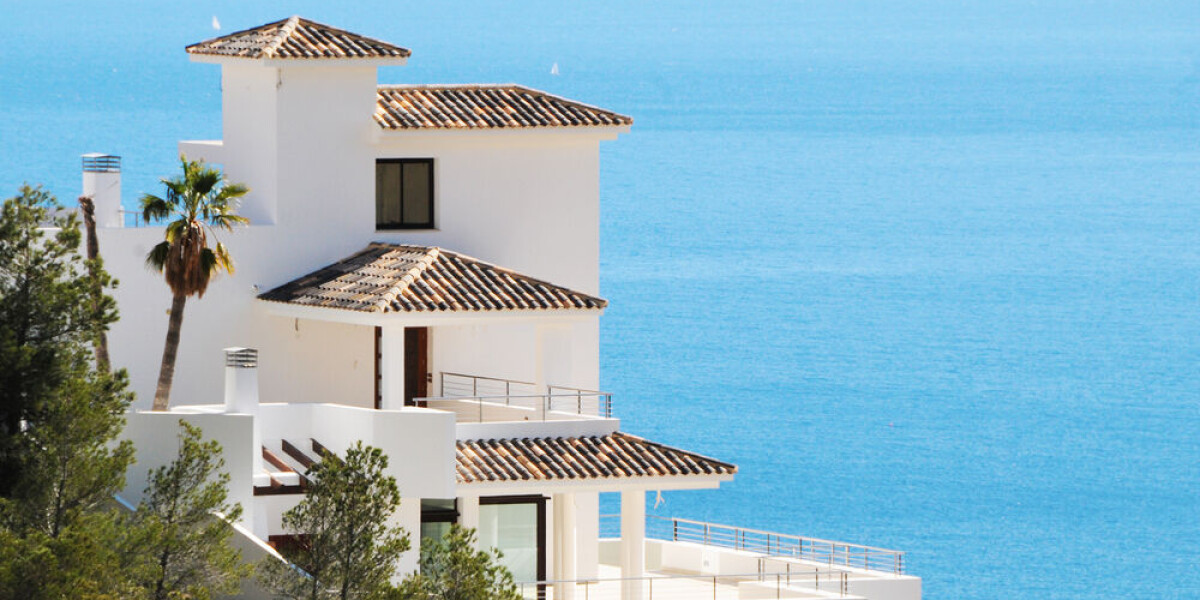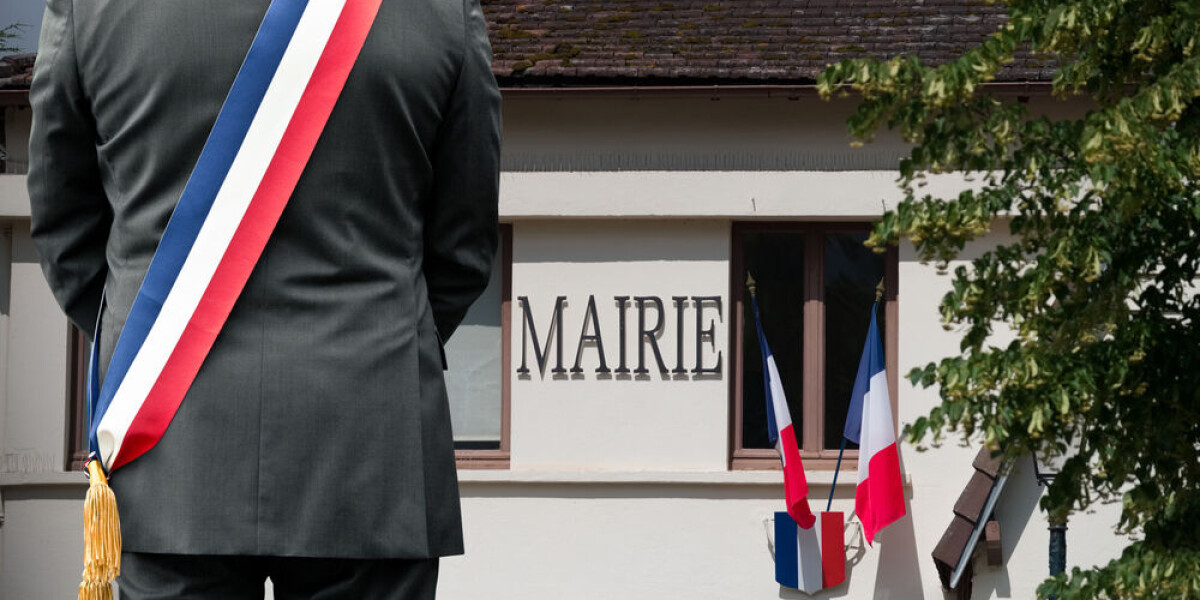
- Select a language for the TTS:
- UK English Female
- UK English Male
- US English Female
- US English Male
- Australian Female
- Australian Male
- Language selected: (auto detect) - EN
Play all audios:
SEVERAL EUROPEAN COUNTRIES OFFER ‘GOLDEN VISAS’ TO INVESTORS A shake-up of the US immigration system by president Donald Trump is set to see the introduction of a ‘golden visa’ style
residency card that brings with it a pathway to citizenship. The visa will reportedly be available for around $5 million under the president’s plans, giving people residency rights and
eventually, the opportunity to claim citizenship. The ‘gold card’ (a play on words by the president over the commonly-used term of ‘green card’ for US residency rights) will replace the
current EB-5 immigration visa, open to those who invest $1 million in a US company with at least 10 employees. Mr Trump did not seem to put a limit on the number of possible recipients (the
current EB-5 visa is limited to 10,000 per year), and said the funds could be used to help reduce US national debt. DOES FRANCE HAVE A SIMILAR SYSTEM? There are five European countries
that have a ’golden visa’ style residency permit, where those who invest in property or a business receive a residency permit. These are Spain, Portugal, Greece, Italy, and Malta: France has
no such programme. People who obtain ‘golden’ visas from these countries may (as is the case for other holders of long-stay visas from EU countries) visit France freely on the basis of
staying no more than 90/180 days, even if they are originally from a country that does not have a visa waiver for the Schengen area. However, they have no additional rights to settle in
France. Read more: Does France have a ‘golden visa’ scheme for gaining nationality? The most similar kind of visa in France is known as a ‘passeport talent’, a visa for skilled individuals
who are likely to increase the economic attractiveness of France. The applicant typically receives a three-month visa entitling them to apply, after arriving in France, for a residency card
which can be issued (depending on their plans) for up to four years (renewable). There are several different criteria for these visas, including, for example, certain highly-skilled
employees and researchers. However, one possible way to receive the visa is to invest in business in France. This investment can be made either personally, or through a business that the
applicant runs or through a business in which they hold at least 30% of the shares. The investment must be shown to be capable of creating, or safeguarding, jobs on French territory within
the next four years, and there must be a total investment in business operating on French territory of at least €300,000 Those applying on a ‘personal’ basis must be investing in a business
in which they are acquiring at least 10% of the capital. Applications for this visa are made online through the ANEF (Administration Numérique des Étrangers en France) website, and
applicants will need proof of their investment alongside the other necessary paperwork (proof of ID, etc). Those who obtain a passeport talent visa can – as can anyone living in France for
at least five years – eventually apply for French citizenship provided they fulfil the requirements, including sufficient French language skills. The level is set to change – increasing
from a ‘B1’ to a ‘B2’ level – no later than January 2026, due to changes brought in via the 2024 immigration bill. Read more: Language tests for French residency cards: examples of
questions asked A less-common path that is somewhat similar to a golden visa in France is the étranger émérite or ‘exceptional foreigner’ path. This is a form of the passport talent that is
available to people who have international recognition in some field, whether artistic, literary, scientific, intellectual, educational or sporting. People who, after moving over, have
shown exceptional achievements in their integration in France (whether in civic life, or scientific, cultural, sporting or economic activities) may also be entitled to apply for French
citizenship after only two years, rather than the usual five. The same applies to people considered to have rendered, or to be capable of rendering, ‘exceptional service’ to France because
of their skills. Read more: Telegram boss: What is his ‘exceptional foreigner’ status for French nationality?







